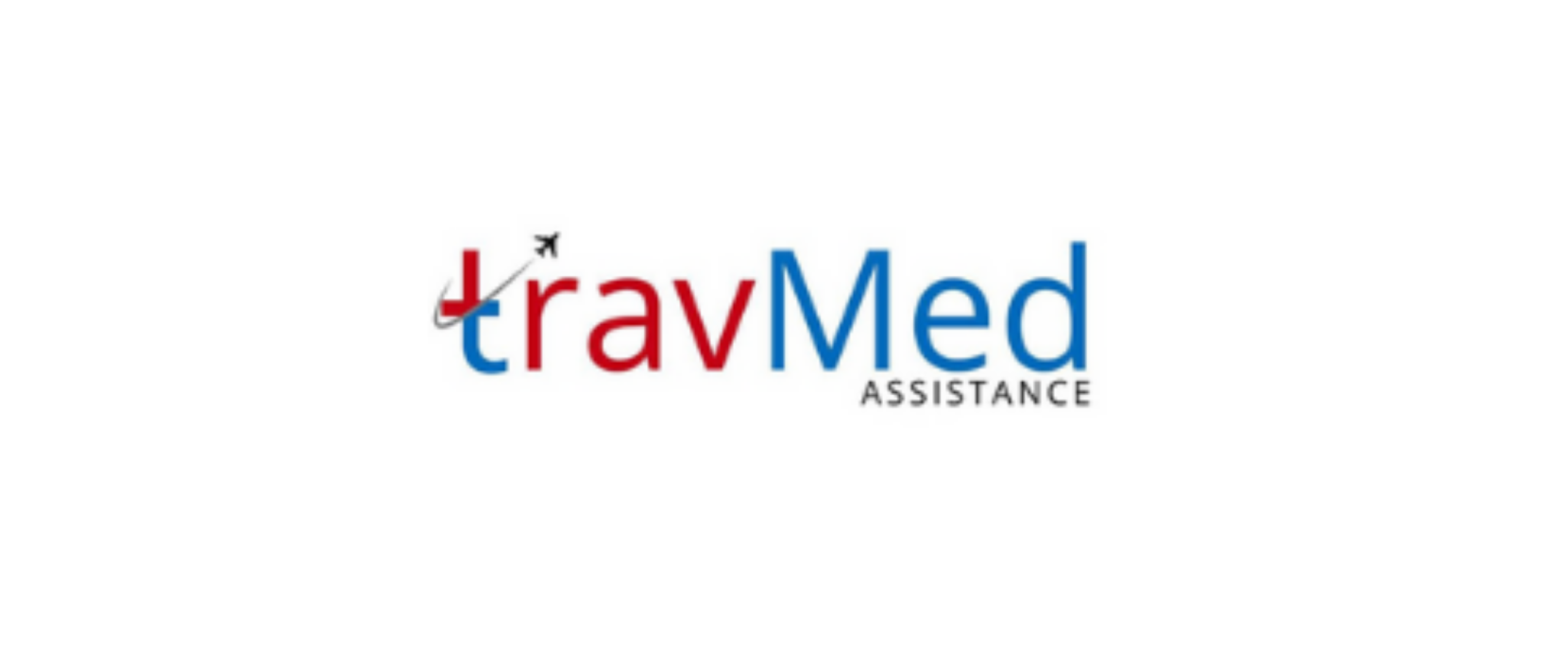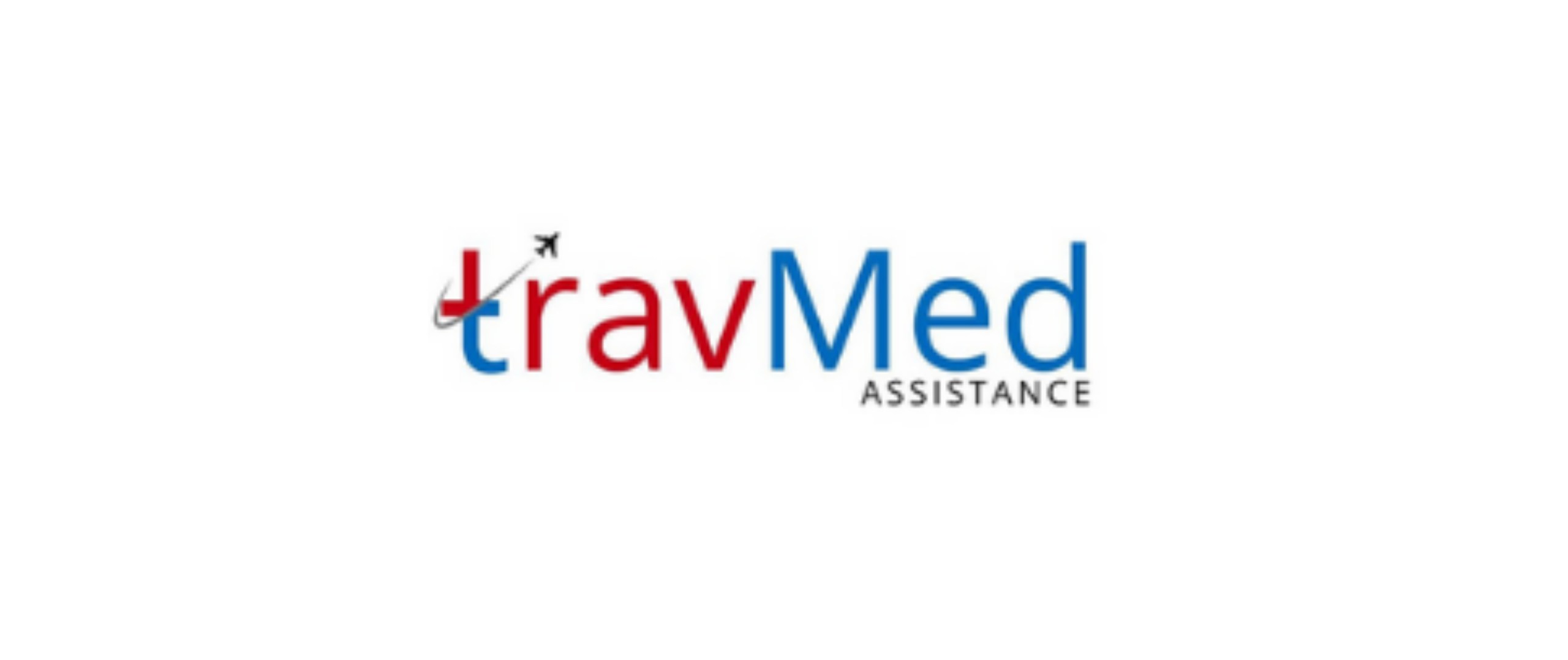
What is claim investigation in Nepal?
Claim investigation in Nepal refers to the systematic process of examining and verifying insurance claims to determine their validity and authenticity. This procedure is essential for insurance companies, government agencies, and private organizations to assess the legitimacy of claims filed by individuals or entities. In Nepal, claim investigations are conducted across various sectors, including health insurance, travel insurance, property insurance, and vehicle insurance. The primary objective of claim investigation is to protect insurers from fraudulent claims while ensuring that genuine claimants receive fair compensation. Investigators in Nepal employ various techniques such as document analysis, interviews, site visits, and forensic examinations to gather evidence and make informed decisions regarding claim settlements.
Who conducts case handling services?
Case handling services in Nepal are conducted by a diverse range of professionals and organizations. Insurance companies often have dedicated in-house teams of claim adjusters and investigators who manage the entire claim process. Additionally, third-party claim management firms specialize in providing comprehensive case handling services to insurers and other organizations. These firms employ trained professionals such as claim adjusters, forensic experts, and legal consultants to handle complex cases. Government agencies, particularly in sectors like health and social welfare, also have specialized departments for case handling. In some instances, law enforcement agencies may be involved in case handling, especially when dealing with suspected fraudulent claims. Independent claim investigators and private detective agencies also offer their services to individuals and organizations seeking impartial claim investigations in Nepal.
How does claim investigation work?
Claim investigation in Nepal follows a structured approach to ensure thoroughness and accuracy. The process typically begins with the receipt of a claim notification from the insured party. The investigator then reviews the claim details and associated documentation to identify any discrepancies or red flags. Next, they conduct interviews with the claimant, witnesses, and other relevant parties to gather additional information and clarify any ambiguities. Site visits are often carried out to assess the damage or verify the circumstances of the claim. In cases involving medical claims, investigators may consult with healthcare providers or review medical records. Forensic analysis may be employed for complex cases, such as analyzing accident scenes or examining financial records. Throughout the investigation, the investigator documents their findings and prepares a comprehensive report. This report serves as the basis for the insurance company or relevant authority to make an informed decision regarding the claim’s validity and settlement.
What documents are required for claims?
The documents required for claims in Nepal vary depending on the type of claim and the specific circumstances. However, some common documents typically requested include:
- Completed claim form
- Proof of identity (citizenship certificate, passport)
- Policy documents or insurance certificate
- Police report (for accidents, thefts, or criminal incidents)
- Medical records and bills (for health-related claims)
- Photographs or videos of damage (for property claims)
- Witness statements
- Receipts or invoices for expenses incurred
- Bank statements or financial records
- Employment verification (for income protection claims)
- Death certificate (for life insurance claims)
- Expert reports or assessments (e.g., engineer’s report for structural damage)
It’s essential to note that additional documents may be requested based on the specific requirements of the insurance company or the nature of the claim. Claimants should carefully review their policy terms and consult with their insurance provider to ensure they submit all necessary documentation for a smooth claim process.
What is the process for case handling?
The process for case handling in Nepal typically follows these steps:
- Claim notification: The insured party submits a claim to the insurance company or relevant authority.
- Initial assessment: A claim handler reviews the claim details and determines if further investigation is necessary.
- Assignment: If investigation is required, the case is assigned to an investigator or claim adjuster.
- Document collection: The investigator gathers all relevant documents and information related to the claim.
- Investigation: Interviews, site visits, and other investigative techniques are conducted to verify the claim details.
- Expert consultation: If needed, specialists such as medical professionals or engineers are consulted for their expert opinion.
- Analysis: The investigator analyzes all collected information and evidence to form a conclusion about the claim’s validity.
- Report preparation: A comprehensive report detailing the investigation findings and recommendations is prepared.
- Decision-making: Based on the report, the insurance company or authority decides whether to approve, deny, or negotiate the claim.
- Communication: The decision is communicated to the claimant, along with any necessary explanations or requests for additional information.
- Settlement or appeal: If approved, the claim is settled. If denied, the claimant may have the option to appeal the decision.
- Case closure: Once all matters are resolved, the case is closed and archived for future reference.
This process ensures a systematic and fair approach to case handling in Nepal, allowing for thorough investigation and informed decision-making.
How long does claim investigation take?
The duration of claim investigation in Nepal can vary significantly depending on the complexity of the case, the type of claim, and the efficiency of the investigating team. Simple claims with clear documentation and straightforward circumstances may be resolved within a few days to a week. However, more complex cases involving multiple parties, extensive damage, or suspected fraud can take several weeks or even months to investigate thoroughly. For instance, property damage claims resulting from natural disasters may require extended investigation periods due to the large volume of claims and the need for detailed assessments. Medical claims often require time for obtaining and reviewing medical records, which can prolong the investigation process. In cases where legal proceedings are involved, the investigation may be extended further. Insurance companies in Nepal typically aim to complete investigations within 30 to 60 days, but this timeframe can be extended if additional information or expert opinions are required. Claimants should maintain regular communication with their insurance provider or case handler to stay informed about the progress of their claim investigation.
How much does case handling cost?
The cost of case handling in Nepal varies depending on several factors, including the complexity of the case, the type of claim, and the service provider. Insurance companies often include the cost of standard case handling within their operational expenses, which is reflected in the premiums paid by policyholders. For simple claims, there may be no additional cost to the claimant beyond their regular insurance premiums. However, for more complex cases or those requiring specialized investigation, additional fees may apply. Third-party claim management firms typically charge on a case-by-case basis, with fees ranging from a few thousand Nepalese Rupees for straightforward cases to several lakhs for complex investigations. Some firms may charge a percentage of the claim amount, usually between 1% to 5%, depending on the case complexity. For government-handled cases, such as social welfare claims, the cost is typically covered by the relevant department’s budget. It’s advisable for individuals and organizations to discuss potential costs with their insurance provider or case handling service at the outset of the investigation to avoid unexpected expenses.
What sectors require claim investigations?
Claim investigations are required across various sectors in Nepal, reflecting the diverse nature of insurance and compensation systems in the country. Some key sectors include:
- Health insurance: Investigating medical claims for treatments, surgeries, and hospitalizations
- Travel insurance: Verifying claims related to trip cancellations, lost luggage, and medical emergencies abroad
- Motor vehicle insurance: Investigating accidents, thefts, and damage claims for vehicles
- Property insurance: Assessing claims for damage to buildings, homes, and personal property
- Life insurance: Investigating death claims and policy payouts
- Workers’ compensation: Verifying workplace injury claims and disability benefits
- Crop insurance: Assessing claims for crop damage due to natural disasters or pests
- Business interruption insurance: Investigating claims for lost income due to unforeseen events
- Professional liability insurance: Examining claims against professionals for negligence or errors
- Social welfare: Investigating claims for government assistance programs
- Accident insurance: Verifying claims for personal injuries and disabilities
- Marine insurance: Assessing claims for damage to ships and cargo
Each of these sectors has unique challenges and requirements for claim investigations, necessitating specialized knowledge and expertise from investigators in Nepal.
How is fraud identified during claims?
Fraud identification during claims in Nepal involves a combination of techniques and tools employed by investigators to detect suspicious activities. Some common methods include:
- Data analysis: Using advanced software to identify patterns and anomalies in claim data
- Document verification: Carefully examining submitted documents for signs of forgery or alteration
- Cross-referencing: Comparing claim details with external databases and previous claim histories
- Interviews: Conducting thorough interviews with claimants and witnesses to identify inconsistencies
- Site inspections: Visiting the location of the claimed incident to verify details and gather evidence
- Medical record review: Scrutinizing medical records for inconsistencies or unnecessary treatments
- Social media investigation: Examining claimants’ social media profiles for information contradicting their claims
- Surveillance: In some cases, conducting discreet observations of claimants to verify disability or injury claims
- Expert consultations: Engaging specialists to provide professional opinions on technical aspects of claims
- Fraud scoring models: Utilizing statistical models to assign risk scores to claims based on various factors
- Collaboration with law enforcement: Working with police and other agencies to investigate suspected criminal activities
- Whistleblower programs: Encouraging individuals to report suspected fraudulent activities
Investigators in Nepal remain vigilant for common fraud indicators such as exaggerated injuries, staged accidents, and inflated damage claims. By employing these methods, claim handlers can effectively identify and prevent fraudulent claims, ensuring the integrity of the insurance system.
Who monitors case handling quality?
In Nepal, the quality of case handling is monitored by various entities to ensure fairness, efficiency, and compliance with regulations. The primary monitors include:
- Insurance Board of Nepal: The regulatory body overseeing the insurance industry, which sets standards and guidelines for claim handling
- Internal quality assurance teams: Many insurance companies and claim management firms have dedicated departments for monitoring and improving case handling quality
- External auditors: Independent firms conduct regular audits of claim handling processes to ensure compliance and identify areas for improvement
- Nepal Rastra Bank: For cases involving financial institutions, the central bank may oversee certain aspects of case handling
- Consumer protection agencies: Government and non-governmental organizations monitor case handling to protect consumer rights
- Professional associations: Industry groups such as the Nepal Insurers’ Association may set best practices and conduct peer reviews
- Legal authorities: Courts and legal bodies may review case handling practices in the event of disputes or legal challenges
- International partners: For companies working with international insurers, foreign quality standards may also apply
- Ombudsman offices: Some sectors have dedicated ombudsman services to address complaints and monitor case handling quality
- Government oversight committees: Specialized committees may be formed to monitor case handling in specific sectors or high-profile cases
These monitoring entities work together to maintain high standards in case handling, ensuring that claimants receive fair treatment and that the integrity of the claim investigation process is maintained across various sectors in Nepal.
How are disputes resolved in claims?
Dispute resolution in claims in Nepal follows a structured process to ensure fair outcomes for all parties involved. The primary methods of resolving disputes include:
- Internal review: Claimants can request a review of the decision by a senior claims handler or manager within the insurance company.
- Mediation: A neutral third party facilitates discussions between the claimant and the insurer to reach a mutually acceptable solution.
- Arbitration: An impartial arbitrator or panel reviews the case and makes a binding decision on the dispute.
- Insurance Board intervention: The Insurance Board of Nepal can intervene in disputes and provide recommendations or rulings.
- Ombudsman services: Some sectors have dedicated ombudsman offices to handle complaints and resolve disputes.
- Legal action: If other methods fail, claimants can pursue legal action through the Nepalese court system.
- Alternative Dispute Resolution (ADR): Methods such as negotiation or conciliation may be used to resolve disputes outside of formal legal proceedings.
- Peer review panels: In some cases, a panel of industry experts may be convened to review complex or technical disputes.
- Consumer protection agencies: Government or non-governmental consumer protection bodies may assist in resolving disputes.
- International arbitration: For cases involving international insurance policies, disputes may be resolved through international arbitration forums.
Claimants are typically encouraged to exhaust internal review processes and alternative dispute resolution methods before resorting to legal action. The specific dispute resolution process may vary depending on the type of claim, the insurance policy terms, and the relevant regulations governing the sector in Nepal.
How do I report a fraudulent claim?
Reporting a fraudulent claim in Nepal is an essential step in maintaining the integrity of the insurance system. To report a fraudulent claim, follow these steps:
- Gather evidence: Collect any information or documentation that supports your suspicion of fraud.
- Contact the insurance company: Report your concerns to the insurer’s fraud hotline or dedicated fraud reporting department.
- Provide details: Offer a clear and concise explanation of why you believe the claim is fraudulent, including dates, names, and specific incidents.
- Submit documentation: Share any evidence you have collected with the insurance company’s fraud investigation team.
- Report to the Insurance Board: If the insurer doesn’t respond adequately, contact the Insurance Board of Nepal to report the suspected fraud.
- Inform law enforcement: For serious cases, consider reporting the fraud to the local police or the Central Investigation Bureau of Nepal.
- Use anonymous reporting: Many insurers offer anonymous reporting options if you wish to maintain confidentiality.
- Follow up: Keep track of your report and follow up with the relevant authorities to ensure proper investigation.
- Cooperate with investigators: If contacted, provide any additional information or assistance requested by fraud investigators.
- Report to professional associations: Consider informing relevant professional bodies if the fraud involves licensed professionals.
Remember that making false accusations of fraud can have serious consequences, so ensure that you have reasonable grounds for suspicion before reporting. By reporting fraudulent claims, you contribute to maintaining fair insurance practices and preventing unnecessary premium increases for honest policyholders in Nepal.


